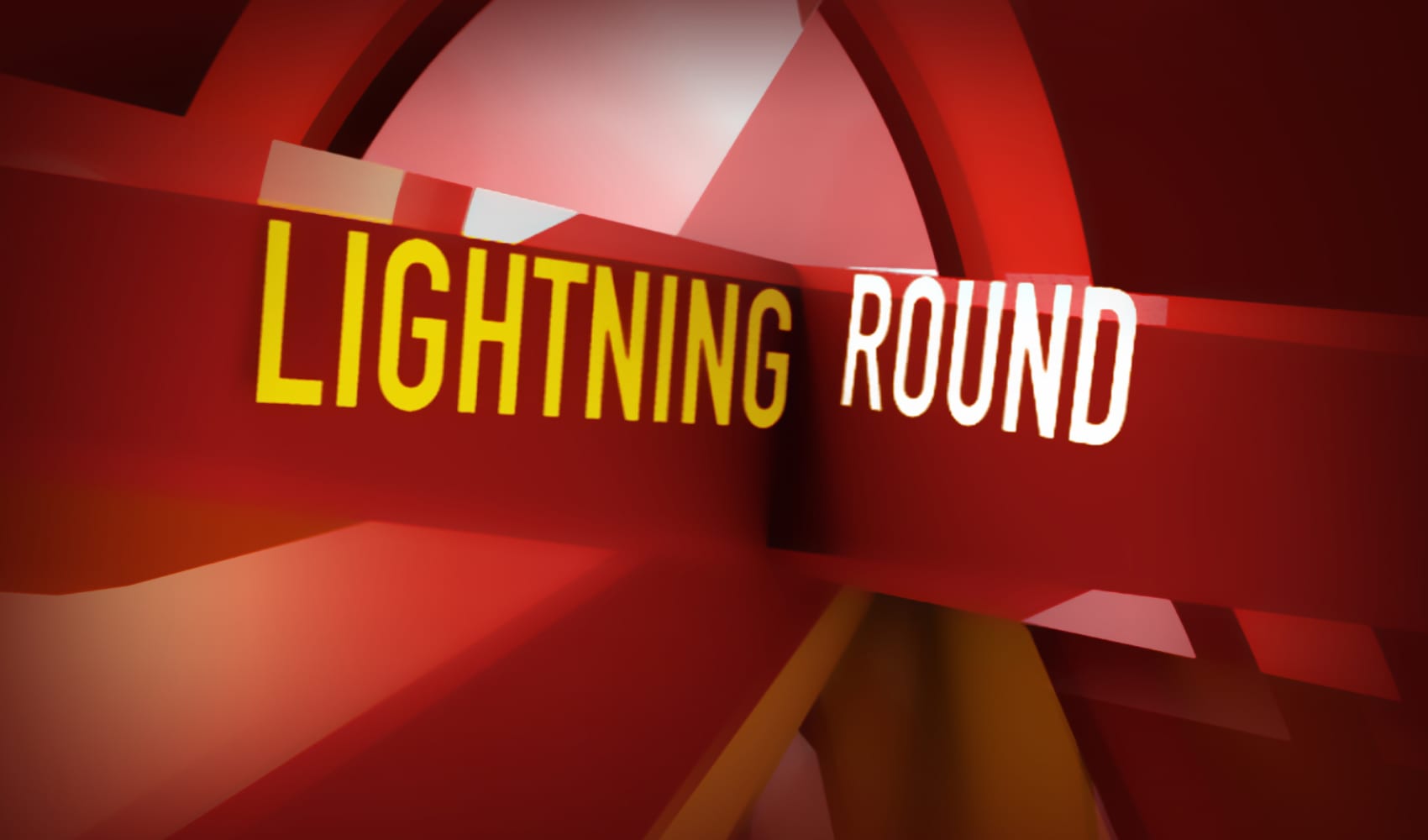
- Ukrainian lawmaker Lesia Vasylenko told CNBC that comments regarding U.S. financial support for Ukraine were "concerning" and "upsetting."
- Political newcomer Vivek Ramaswamy said he would not back additional aid to Ukraine and U.S. policy had been "disastrous."
- Vasylenko said Ukraine could only succeed in its counteroffensive in Russia-occupied territories with "enough weapons, fighter jets, long-range missiles to fight with."
Ukrainian lawmaker Lesia Vasylenko on Thursday said some U.S. Republican presidential candidate comments over support for her country are concerning.
"With some of the United States politicians claiming that they will reduce the support to Ukraine, well, that's actually quite concerning, and upsetting in a way because the United States [is] the country that has been the strongest supporter of democracy and has been the baseline for democracy," Vasylenko told CNBC's "Squawk Box Europe," in response to statements made during the inaugural debate of Republican presidential candidates on Wednesday.
The issue sharply divides the nine leading GOP contenders for the top U.S. job. During the Republican discussion, outspoken entrepreneur and political newcomer Vivek Ramaswamy said he would not support additional aid to Ukraine in its fight against the Russian invasion, calling U.S. support for Ukraine "disastrous" and a distraction from domestic issues.
Ramaswamy was rebuked by opponent Nikki Haley, a former ambassador to the United Nations, who has argued for the provision of equipment and ammunition to Ukraine.
"Ukraine is working with both the Republicans and the Democrats and all political circles in the United States to make sure that there's all-round support, because what Ukraine is doing is, we're actually fighting here on the ground with our own resources, especially human resources, for the very concept of democracy to stay alive," Ukraine politician Vasylenko told CNBC, adding that a Ukrainian victory would only be possible with "enough weapons, fighter jets, long-range missiles to fight with."

The U.S. has provided more than $75 billion in aid to Ukraine across humanitarian, financial and military support since Russia's full-scale invasion of the country in February 2022, according to the Council on Foreign Relations.
Money Report
Feeling out of the loop? We'll catch you up on the Chicago news you need to know. Sign up for the weekly> Chicago Catch-Up newsletter.
Washington is by far the biggest backer of military assistance to Ukraine, and has committed the equivalent of $43 billion since the start of the war. That compares with £4.6 billion ($5.81 billion) committed by the U.K. and approximately 5.6 billion euros ($6.06 billion) from the European Union, which approved the supply of lethal weapons to a third country for the first time in its history.
U.S military supplies to Ukraine have included drones, aircraft, ammunition and heavy artillery. Officials from the U.K. and U.S. caused a diplomatic stir at a NATO summit in July by suggesting Ukraine is failing to show "gratitude" for the provision of weaponry.
Ukraine in June launched its highly anticipated counteroffensive operation in Russia-occupied territories, but progress has been difficult and slow along a highly fortified 600-mile front line.
Kyiv hopes U.S.-made and supplied weaponry, including F-16 jets and cluster munitions, could boost its progress.
"Somewhere, Ukrainian troops are able to advance faster and firmly reposition the Ukrainian flag over the Ukrainian territories. Some places are much more complicated, especially those where Russia has held the effective control for a longer time, and where their military units were able to quite literally dig themselves into the land territory of Ukraine," Vasylenko told CNBC.
"The way to expedite the counteroffensive and make sure that it is effective ... is to provide Ukraine with more weapons, more ammunition, more means to protect our skies and counter the aerial attacks that Russia is launching on a daily basis across all of Ukraine."
— CNBC's Amanda Macias contributed to this story






